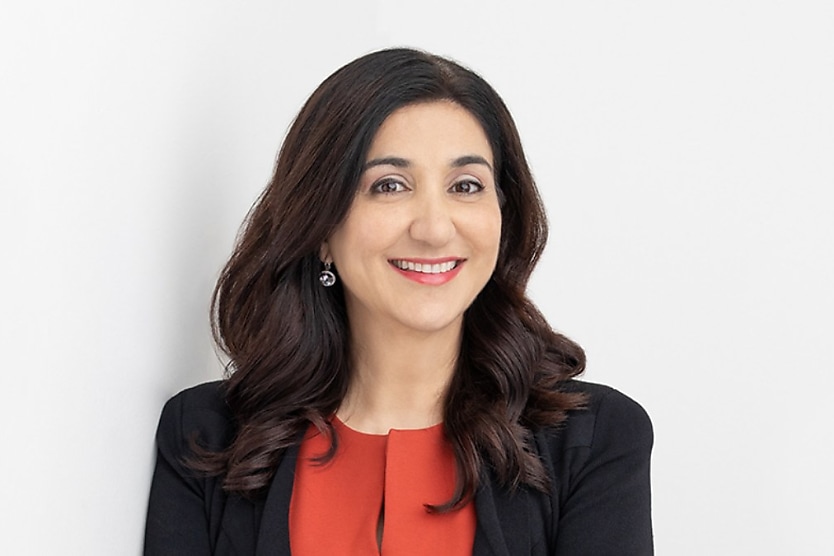Tips for inclusive interviewing
SHARE THIS ARTICLE

Despite record-high employment, staff shortages remain a key concern for businesses in 2023. The solution is simple: employers need an inclusive approach.
Job vacancies still sit 89 per cent higher than pre-pandemic levels, and unemployment is at a record low, creating a perfect storm for employers.
And yet, Diversity Council Australia’s research shows more than 3 million jobseekers, many of whom come from marginalised communities, are being overlooked or just plain ignored by employers due to outdated recruitment practices.
These people are talented and eager for work, but without an inclusive approach to recruitment, employers will continue to miss out on this underleveraged talent pool.
Inclusive hiring processes give Australian organisations the keys to unlock a more diverse talent pool, which research shows is not only good for reputation but also significantly increases performance, wellbeing, and innovation, as well as staff retention and attraction.
For the first time, we’ve expanded our evidence-based research into a set of practical tools informed by our groundbreaking Inclusive Recruitment at Work report, covering everything from job descriptions to onboarding. As a sneak preview of those new tools, here are our top tips for inclusive interviewing:
Accept we all have biases
Everyone has biases that can negatively affect hiring decisions. Accepting this is the first step to addressing them.
No one is preloaded with inclusive behaviour – we are, in fact, hardwired to align with people like ourselves and reject those we consider different.
Aspire to an open mindset
Research shows that asking someone to consider the value of non-prejudice and open-mindedness leads to less prejudiced and racist responses.
Telling them to “stop” prejudice and racist behaviours, however, leads to more prejudiced and racist responses.
Know your bias hot spots
We are more likely to make biased hiring decisions when we are busy, short on information or overloaded by it, or when we’re surrounded by people similar to us.
Being conscious of these moments where we might be more prone to bias decision making can help us to stop our unconscious bias in its tracks.
Slow down and systemise your thinking
Bias typically occurs due to automatic thinking.
According to Dr Daniel Kahneman’s groundbreaking book Thinking Fast and Slow, slowing down and taking the time to make more mindful decisions minimises the risk of decisions being influenced by any fast-thinking biases.
With this in mind, the remaining tips are designed to kickstart your brain into slow-thinking mode.
Assess with structure
Sticking to a structured approach encourages a more informed and robust approach to hiring that distances us from our unconscious biases. Use structured interviews, selection criteria and scorecards to evaluate candidates and standardise assessment.
Using horizontal assessments (comparing all candidates’ answers on question one, then all their answers on question two, and so on) can also bolster this approach.
Reach out for alternative perspectives
Avoid making the final hiring decision on your own.
Testing your assessments and thinking with other managers and peers helps to make sure you consider all information for potential bias.
Check yourself on likeability
We all tend to gravitate towards people with whom we “click”. But hiring for likeability often leads us to hire people who are similar to us, which is called similarity bias.
Similarity bias hinders an inclusive approach to recruitment and results in less diverse workplaces.
Revisit and ‘flip’ it
Reflection is a key step in recognising our unconscious bias, so it’s important we interrogate our decisions accordingly.
Ask yourself: would I draw the same conclusion if this person had a different demographic profile (e.g., gender, racial group, or sexual orientation)?
An informed approach leads to an informed decision
The most crucial step in making your recruitment process more inclusive is to make sure you are armed with the most up-to-date best practice guidance backed by evidence-based research.
By Lisa Annese, chief executive of Diversity Council Australia. Lisa sits on the Respect at Work Council and is on the boards of Amnesty International and Women for Election. In 2018, she was named one of the AFR’s 100 Women of Influence. Lisa is also a member of Chief Executive Women.
